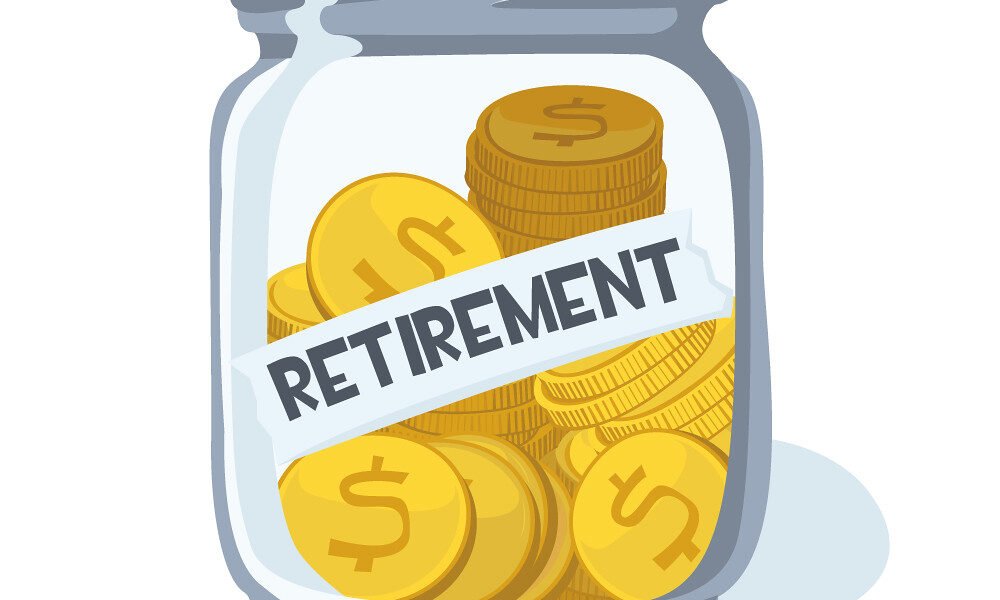A recent study by the Center for Retirement Research (CRR) at Boston College sheds light on how the Great Recession significantly affected the retirement savings of the youngest Baby Boomers, particularly those born in the early 1960s. The study indicates that this cohort faced a substantial hit to their retirement savings compared to their older counterparts born in the late 1950s.
Great Recession’s Toll on Retirement Savings
The study reveals that Baby Boomers born in the early 1960s had an average retirement savings of about $280,000 in their 50s, nearly $50,000 less than their late 1950s counterparts had saved by the same age. The primary culprit identified for this shortfall was the 10% spike in unemployment during the Great Recession, coupled with the subsequent stock market crash.
Pre-Recession Trajectory and Post-Recession Challenges
Before the Great Recession, late Boomers seemed to be on a positive trajectory. By age 41, they had saved an average of $15,329 in their 401(k) plans and individual retirement accounts (IRA), outpacing the late 1950s mid-Boomers. However, by age 51, the savings had dwindled to about $28,000, half of what mid-Boomers had at the same age. The recession’s impact on the stock market and the employment rate had a profound effect on their capacity to save, with some stopping contributions altogether.
Employment Rate Decline and Income Challenges
The study indicates that the late Boomers’ employment rate dropped from 98% before the recession to below 80% in the next decade. Even for those remaining in the workforce, income levels sharply declined in their 40s, usually considered peak earning years.
Financial Strategies and Debt Management
The report highlights the importance of understanding the impact of economic downturns on retirement savings. Additionally, for those struggling with high-interest debt, considering alternatives like personal loans at lower interest rates could be a viable option to improve overall financial health.
Social Security COLA and Retirement Concerns
Shifting to broader retirement concerns, The Senior Citizens League (TSCL) projects a 3.2% cost of living adjustment (COLA) for Social Security in 2024. While this would increase average monthly benefits, many retirees find Social Security insufficient to meet their needs, prompting the need for additional guaranteed income sources.
SECURE Act 2.0 Enhancements
Looking ahead, the Secure Act 2.0, enacted in January 2023, aims to enhance the retirement savings system in the U.S. The legislation includes provisions such as increased catch-up contributions, matches on student loan repayments, and measures to maximize retirement savings, providing Americans with improved opportunities for retirement success.
As retirement landscapes evolve, understanding the multifaceted challenges and adopting comprehensive financial strategies become essential for individuals planning their golden years.
Download our app MadbuMax on the Apple App Store for the latest news and financial tools. Interested in getting your finances in order do not forget to check Dr. Paul Etienne’s best-seller book on personal finance. To access more resources, tools, and services please click here. Also, do not forget to follow Dr. Etienne on IG or Twitter.





